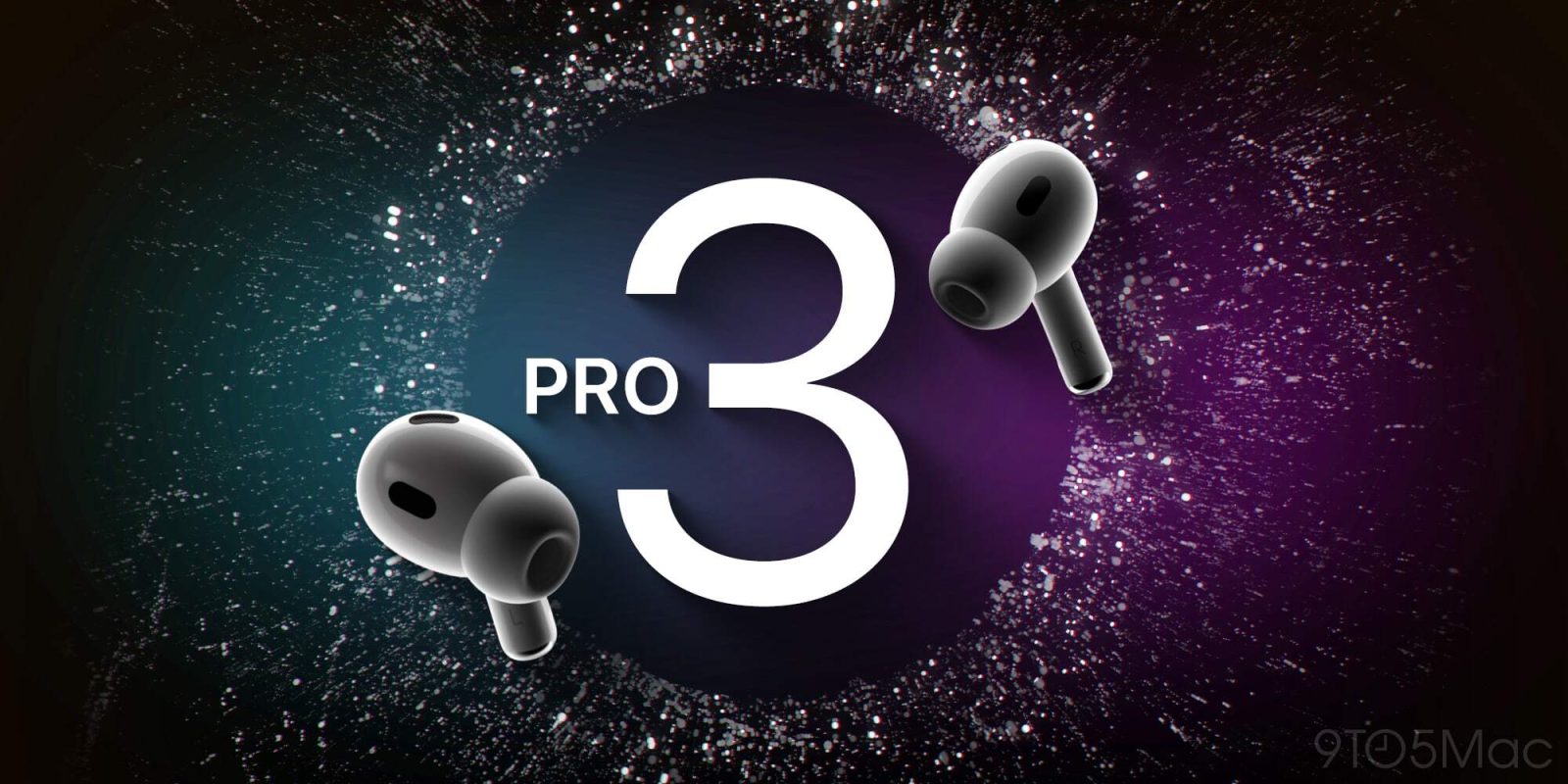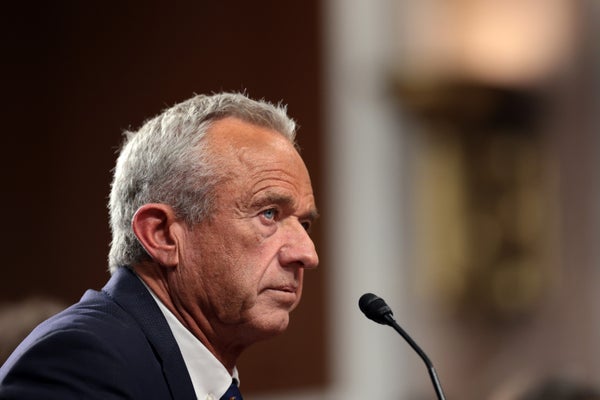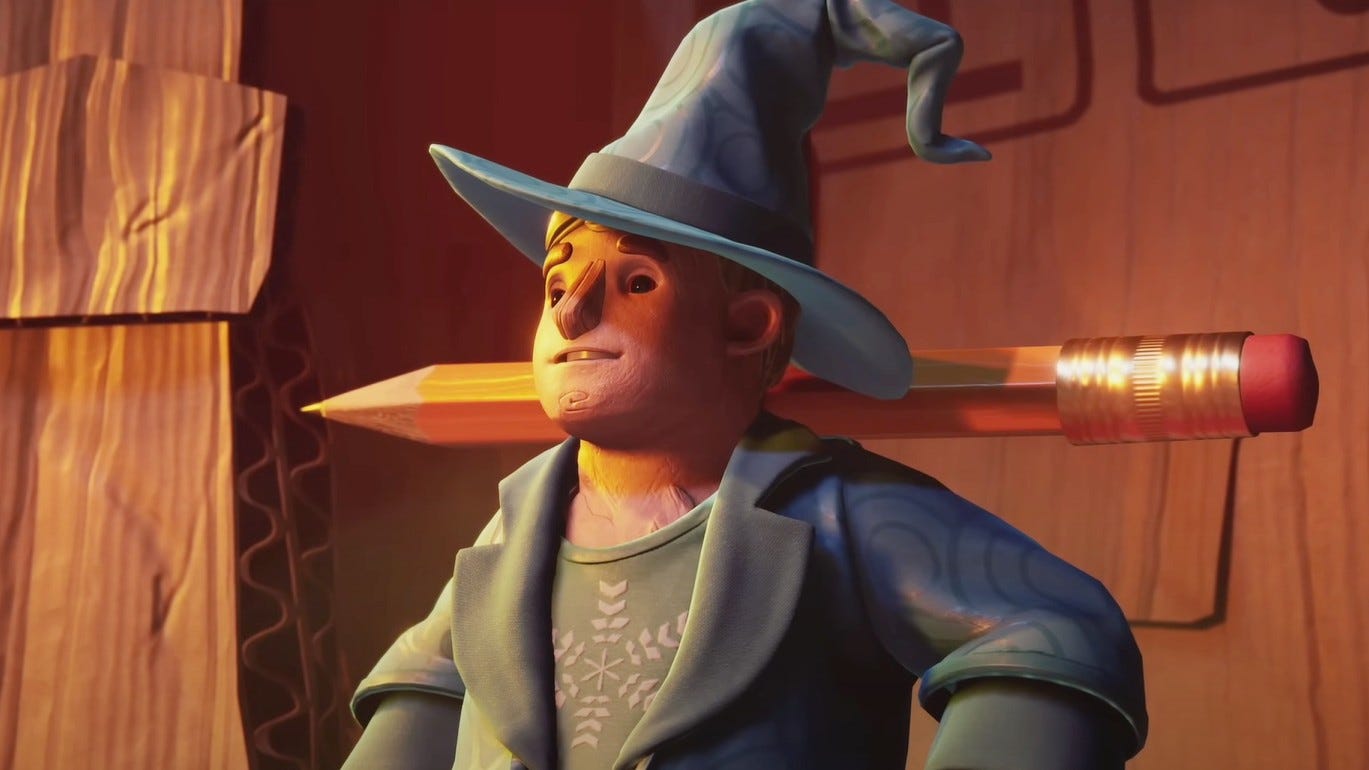www.scientificamerican.com
February 13, 20254 min readScientists React to RFK, Jr.s Confirmation as HHS SecretaryRobert F. Kennedy, Jr., has expressed support for some fields of science but has also declared hed like a break in infectious-disease research. Heres what he might do as the U.S.s newly confirmed secretary of health and human servicesRobert F. Kennedy Jr. now oversees the U.S. Centers for Disease Control and Prevention, which he last year called a cesspool of corruption. Win McNamee/Getty ImagesScientists are bracing for major changes in the direction of US biomedical research as Robert F. Kennedy Jr, who has promoted vaccine misinformation and public-health conspiracies, gains control over a vast swathe of science policy.The Senate voted today to confirm Kennedy as President Donald Trumps secretary of the Department of Health and Human Services, which has an annual budget of roughly US$1.7 trillion and includes the Centers for Disease Control and Prevention, the Food and Drug Administration (FDA) and the National Institutes of Health (NIH) the worlds largest funder of biomedical research. Kennedy has embraced some fields of biomedical research. But he has shown hostility to others, and has rejected established science on the efficacy of COVID-19 vaccines, the safety of vaccines in general and other topics. (Kennedy told the Senate that he supports vaccines and believes that they have saved lives.)The future of America as a superpower in research appears grim, says Theodora Hatziioannou, a virologist at the Rockefeller University in New York City, who creates new models for studying HIV ― which Kennedy has falsely suggested is not the cause of AIDS. Even on issues he claims he supports, he does not follow scientific evidence. Picking a person like this to lead is like having the wolf guard the sheep.On supporting science journalismIf you're enjoying this article, consider supporting our award-winning journalism by subscribing. By purchasing a subscription you are helping to ensure the future of impactful stories about the discoveries and ideas shaping our world today.False dichotomyDuring his own presidential campaign, Kennedy said that he would prioritize research on chronic diseases and would give infectious-disease research at the NIH a break for eight years. Speaking before a Senate committee in January, Kennedy asserted that chronic conditions such as obesity, diabetes, asthma and some cancers have historically received less attention than infectious diseases, but are mostly responsible for rising healthcare costs. (Data from the NIH show that cancer alone receives more federal funding than that allotted to all infectious diseases combined.)Even some researchers who could benefit from an emphasis on chronic disease are wary. Eric Lau, a cancer researcher at the Moffitt Cancer Center in Tampa, Florida, says that although it would certainly be nice to see more money poured into studying cancer, the federal government should focus on increasing funding for biomedical research in general.Both he and Larry Schlesinger, a physician-scientist and chief executive of the Texas Biomedical Research Institute in San Antonio, say that the idea of cutting one field to benefit another creates a false dichotomy between chronic and infectious disease that isnt rooted in scientific reality.As an example of how tightly the two are linked, researchers cite increasing evidence that some chronic conditions stem from infectious diseases: infection with human papillomavirus (HPV), for instance, can cause cancer of the cervix and other tissues. Prioritizing chronic conditions increasingly means prioritizing infectious diseases, says Schlesinger, who was himself diagnosed with oral cancer after an infection with HPV decades before. We are appreciating more and more that infections, and the inflammation they cause, play an important role in these chronic conditions.Scientists also say that the ongoing outbreak of bird flu, which has made at least 68 people in the United States ill since the start of 2024, makes this an especially bad time to cut research into infectious diseases.Focus on foodAs part of his Make America Healthy Again pledge, Kennedy has repeatedly called for further studies into diet and nutrition, as well as research on the links between environmental pollution and human health. During his January hearing, Kennedy said that scientists know that obesity is caused by an environmental toxin, and asked why researchers havent dedicated themselves to finding and eliminating it.Fatima Cody Stanford, a physician-scientist at Harvard Medical School in Boston, Massachusetts, who studies obesity medicine, notes that obesity is a complex condition driven not only by the environment, but also by genetics, development and behaviour. RFKs assertion reflects limited knowledge of that complexity, she says.A stronger focus on food systems and diet could still be a welcome change, says Deirdre Tobias, an epidemiologist at Brigham and Womens Hospital in Boston. Past administrations, she notes, have mostly neglected the F in FDA. But changes to food policy need to be carefully considered and backed by sound science, she says, because the wrong policy decisions can cause harm.For example, Kennedy has advocated eliminating ultra-processed foods. But this category contains wildly different kinds of food, and researchers dont yet know which aspects of them might be harmful, says Tobias. There could be a lot done with the right steps, she says, but the government shouldnt be taking sledgehammers to things that are broken without understanding the ramifications.Money woesRegardless of Kennedys priorities, it seems clear that the total funding available for biomedical research will be less than it has been in previous years. Trumps close advisor Elon Musk has pledged to cut the federal budget by at least $2 trillion. On 7 February, the administration announced that it would slash a form of research funding called indirect-cost payments, sparking panic in the academic community. A federal judge has temporarily suspended the policy, which the NIH said would save more than $4 billion per year.Francisco Diez-Gonzalez, a food-safety microbiologist at the University of Georgia in Griffin, says that more than anything, its the reduction of funding thats going to be the major impact of Kennedys tenure.Kennedy has said he will re-examine the change to indirect costs, but researchers are apprehensive about his next moves. Kennedy doesnt have a track record of scientific inquiry, says Cody Stanford. Its hard to know what he would do.This article is reproduced with permission and was first published on February 13, 2025.












